 The needs of every business differ, but small business insurance remains the first line of defense against common types of damage, such as theft and fire, for businesses in all industries. However, businesses in Hawaiʻi must make special considerations due to their unique market conditions.
The needs of every business differ, but small business insurance remains the first line of defense against common types of damage, such as theft and fire, for businesses in all industries. However, businesses in Hawaiʻi must make special considerations due to their unique market conditions.
Local laws can have far-reaching implications on a small business’s insurance needs, though they may not always be clear at first. Though local laws in Hawaiʻi may seem complex, this article intends to help small business owners better understand their insurance coverage needs.
A local insurance firm with experience in Hawaiʻi’s local laws can help you learn more about how your small business can prepare for changing insurance regulations in the coming years.
What are Hawaiʻi’s Business Insurance Requirements?
Hawaiʻi is a modified, comparative negligence, no-fault state. This means that defendants in Hawaiʻi are assigned a percentage of the blame in accident cases.
To collect compensation, they must be deemed less than 51% responsible for the accident. Additionally, Hawaiʻi has no cap on personal injury awards and has set the statute of limitations on injury and wrongful death cases at 2 years.
For small businesses that have any auto coverage, this information suggests that comprehensive business insurance is a more significant investment in Hawaiʻi compared to some states. The modifications to Hawaiʻi’s no-fault status can potentially lead to costly litigation for businesses, especially during the accident-prone tourist seasons.
While businesses are not required to have commercial liability insurance, local laws determine the minimum coverage limits and the types of policies that businesses must have to maintain legal operations. Specifically, the majority of businesses in Hawaiʻi must have workers’ compensation coverage and commercial auto insurance.
Workers’ Compensation Coverage
With a few exceptions, Hawaiʻi requires small businesses to have workers’ compensation coverage. These exceptions include student workers performing educational services in exchange for tuition, ordained religious leaders, and voluntary charity or nonprofit workers. For other small businesses, workers’ compensation insurance is an essential requirement to maintain legal operations.
 A workers’ comp policy covers medical expenses, wage loss, and disability benefits when workers sustain approved injuries in a job-related context. By filing a workers’ compensation claim with their insurance provider, employers avoid costly litigation related to work safety lawsuits and out-of-pocket coverage for medical expenses.
A workers’ comp policy covers medical expenses, wage loss, and disability benefits when workers sustain approved injuries in a job-related context. By filing a workers’ compensation claim with their insurance provider, employers avoid costly litigation related to work safety lawsuits and out-of-pocket coverage for medical expenses.
Notably, employees do not contribute to their workers’ comp policy fees. These policies are strictly paid for by employers to maintain their legal status, protect workers from economic harm, and protect their businesses from litigation.
Commercial Auto Insurance
Any small business in Hawaiʻi that employs company vehicles, including personal vehicles used for company purposes, is required to have commercial auto insurance coverage. Local laws mandate minimum liability coverage in case of accident, injury, or property damage, which can change depending on the risk of accident in the area, the vehicle type, cargo type, and more.
With sufficient coverage, businesses are protected against litigation in cases involving their vehicles. Additionally, they can file claims with their insurers to be reimbursed for covered types of damage. Speak with a local insurance planner to learn more about local restrictions that will impact your commercial auto insurance requirements.
What is General Liability Coverage?
General liability coverage requirements differ between businesses. In some cases, local laws in Hawaiʻi require business owners to meet certain liability limits for legal operations, especially where contracts, professional licenses, or leases are involved. Small businesses may wish to form a joint venture via a contract or present a contract to a high-value client.
Contracts come with risks that clients or other businesses may want to avoid by requiring general liability insurance as part of their agreement. This requirement is especially common in engineering and contracting industries where multi-business projects carry high financial and legal risks.
Leasing commercial office spaces or other buildings such as warehouses may create a requirement for small businesses to carry general liability insurance. This is especially common for businesses that are in retail, service industries, or those that employ electricians, mechanics, landscapers, architects, and other occupations that require equipment space.
 In other industries, the Hawaiʻi Professional and Vocational Licensing Division may require a professional license to begin legally operating in the state. For these businesses, local laws may list general liability insurance as part of the requirements for license approval.
In other industries, the Hawaiʻi Professional and Vocational Licensing Division may require a professional license to begin legally operating in the state. For these businesses, local laws may list general liability insurance as part of the requirements for license approval.
This is common in client-forward financial industries, such as accounting and real estate, but any business could be required to do so. Visit the DCCA Hawaiʻi website or contact a local insurance firm to learn more.
Contact Atlas Insurance to Learn How Local Laws Impact Your Insurance Needs
Insurance requirements are unique to each business, which is why business owners in Hawaiʻi have a responsibility to review local laws pertaining to their industry and purchase coverage that meets their specific requirements for legal operation. For most small businesses, acquiring sufficient workers’ compensation, commercial auto insurance, and general liability coverage should be their primary concerns.
At Atlas Insurance, we have provided client-focused insurance guidance for local businesses for almost 100 years. Our experience with local laws helps businesses in Hawaiʻi get the coverage they need to protect their assets and maintain their operations.
